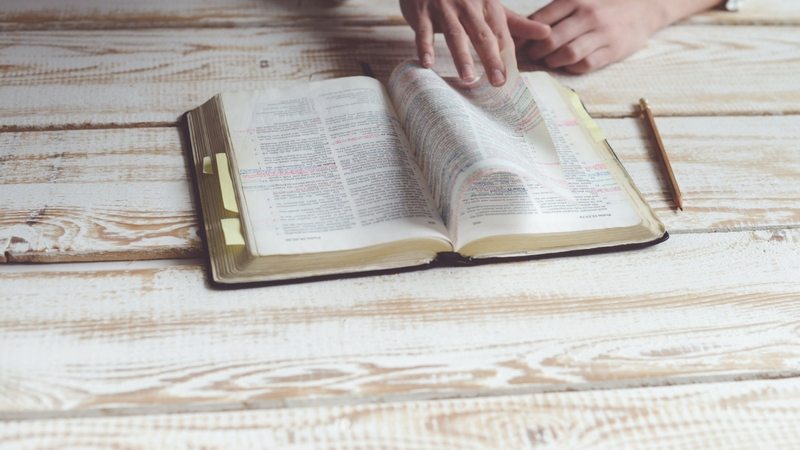Levels of Reading II—Advanced Reading
Episode #7 of the course How to read and retain more by Abasi Latcham
Welcome back.
Today, we are going to continue learning about the levels of reading. We will focus on analytical reading, which is the level most suited for retention.
“Some books are to be tasted, others to be swallowed, and some few to be chewed and digested: that is, some books are to be read only in parts, others to be read, but not curiously, and some few to be read wholly, and with diligence and attention.”
—Sir Francis Bacon
Analytical Reading
Analytical reading is more complex and systematic than Levels 1 and 2; it is chewing and digesting books. It is about answering specific questions, and Adler offers some rules to guide your response.
The following is my interpretation of Adler’s questions and guiding rules. Note that he devotes several hundred pages to this topic, so I am providing you with the shortest possible summaries.
Question 1: What is the book about?
1. “Classify the book according to kind and subject matter.”
2. State what the whole book is about with brevity.
3. List its major parts and how they are related, and state what each part is about with brevity.
4. Define the problems the author has tried to solve.
Question 2: What is being said in detail, and how?
5. Make sure you interpret the author’s word in the manner they intended.
6. Mark the most important sentences and consider their arguments.
7. Articulate the author’s arguments by constructing them with their own sentences.
8. “Determine which of his problems the author has solved, and which he has not; and of the latter, decide which the author knew he had failed to solve.”
Question 3: Is the book true, in whole or part?
“General Maxims of Intellectual Etiquette”
9. “Do not begin criticism until you have completed your outline and your interpretation of the book. (Do not say you agree, disagree, or suspend judgment, until you can say ‘I understand.’)”
10. Do not disagree out of stubbornness.
11. “Demonstrate that you recognize the difference between knowledge and mere personal opinion by presenting good reasons for any critical judgment you make.”
“Special Criteria for Points of Criticism”
12. Show where the author is uninformed.
13. Show where the author is misinformed.
14. Show where the author is illogical.
15. Show where the author’s analysis or account is incomplete.
Question 4: What of it?
16. “If you are reading for enlightenment, there is really no end to the inquiry that, at every stage of learning, is renewed by the question, ‘What of it?’”
Uses of analytical reading:
• understanding the content of the book, studying, and researching (this is rarely necessary if you’re reading for information or entertainment)
Knowing the questions is good, but you need to remember to ask them as you read. And this is a habit that will take time to ingrain. Go back to Lesson 4 to brush up on habits and develop a loop to ask these questions.
Syntopical Reading
Syntopical reading is about reading many books on one particular topic, comparing and relating them to one another, and then forming analyses that go beyond what the books contain. It’s a specialized form of reading that mixes inspectional and analytical styles to allow you to get exactly what you need from a book.
Uses of synoptical reading:
• reading in order to write a thesis or dissertation
As it is not for everyday use, we aren’t going to go into more detail.
Tomorrow, we will look at marginalia (marks made in the margins of a book) and recording the answers to your analytical questions.
Key Lesson
Adler summarizes today’s lesson:
“Reading a book on any level beyond the elementary is essentially an effort on your part to ask it questions (and to answer them to the best of your ability). That should never be forgotten. And that is why there is all the difference in the world between the demanding and the undemanding reader.”
Daily Exercise
Consider the book you are currently reading. Can you answer the four questions of analytical reading? Give it a spin!
Until tomorrow.
Recommended reading
Recommended book
How to Talk about Books You Haven’t Read by Pierre Bayard
Share with friends

